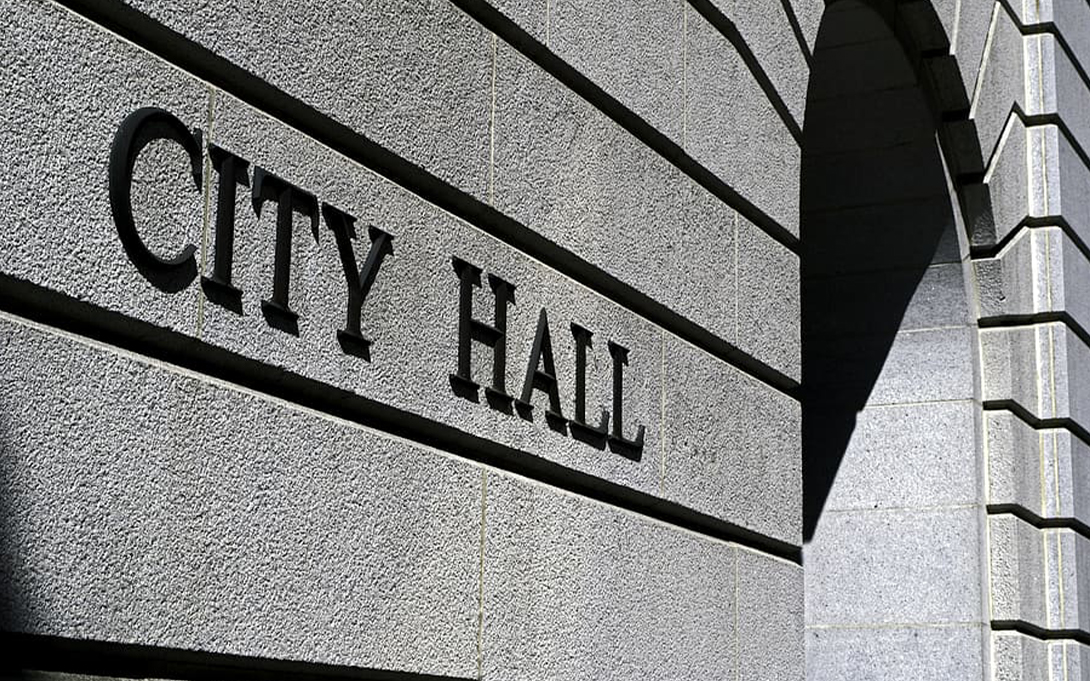
A majority of Michigan's local governments are experiencing some form of harassment or other abuse from the public, according to a statewide survey conducted by the University of Michigan.
Officials from 53% of jurisdictions report harassment, threats or violence against members of the local government, including themselves. And two-thirds of top officials in jurisdictions with more than 5,000 residents personally experienced online or in-person harassment over the last few years as part of their role in local government, including disrespectful or hostile comments, graphic language or slurs, shouting, and rude or aggressive gestures.
These figures emerge from the spring 2022 wave of the Michigan Public Policy Survey, an ongoing census survey of all 1,856 general purpose local governments in Michigan conducted by the Center for Local, State, and Urban Policy (CLOSUP) at the University of Michigan's Ford School of Public Policy. The program is a partnership with Michigan's local government associations.
Though harassment is widely reported, with 47% of local leaders statewide reporting they've experienced it themselves, the rate of actual threats or physical violence is much lower. Local officials are less likely to report being subjected to actual threats (15% of jurisdictions statewide), or violent actions such as destruction of property or physical assault (3%).
However, in the largest jurisdictions—those with more than 30,000 residents—one-third (33%) report experiencing threats and 7% report violent actions.
"Unfortunately, these findings are indicators of the problems facing our democracy today. Local leaders generally want their residents engaged in their government's work, but not like this," said Tom Ivacko, executive director of CLOSUP. "We’re very concerned about the health of our democracy, and will continue to monitor it for growing threats."
The findings are part of a series of upcoming reports and events focused on the health of U.S. democracy at the local level.
"In the climate of misinformation about government, and questioning of election officials, this report is disheartening," said Natalie Fitzpatrick, project manager on the survey.
"These officials report they see negative impacts from the worsening political climate on the willingness of people to work or serve in the jurisdiction’s government. Long-term, that could create problems."
The survey showed that statewide, a significant proportion of respondents are also aware of abuse perpetrated against other individuals within their local government. This may involve harassment, threats, or even violence, including destruction of property. These include reports of abuse against the county, city or township clerk, their election staff, or other election workers (29%), other members of their board or council (28%), and other jurisdiction employees or volunteers (26%).
"We see that even in jurisdictions where officials have not experienced harassment, threats, or violence, more than a quarter say simply the possibility of abuse is having a negative effect. For example, local leaders see it having a negative impact on residents' civic engagement, such as speaking at meetings and serving on committees," said Debra Horner, senior program manager for the survey.
"It can also affect good governance, when 27% of leaders say this environment of harassment affects their board's or council's decision-making process on potentially contentious issues like public health policy, local planning and zoning issues, and more."
The spring 2022 wave was conducted April 4–June 6. Respondents include township, village, city and county officials from 1,327 jurisdictions across the state, resulting in a 71% response rate by unit.
More news from the Ford School